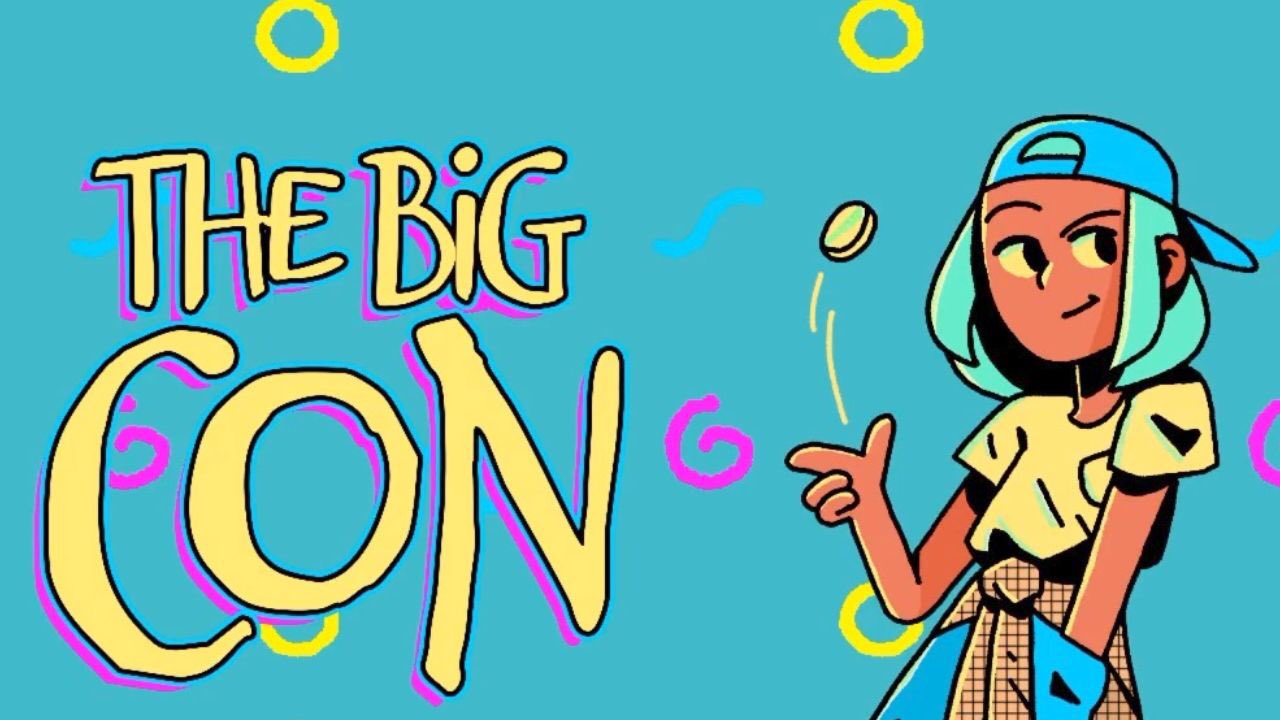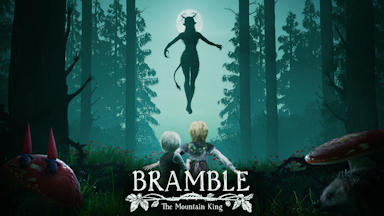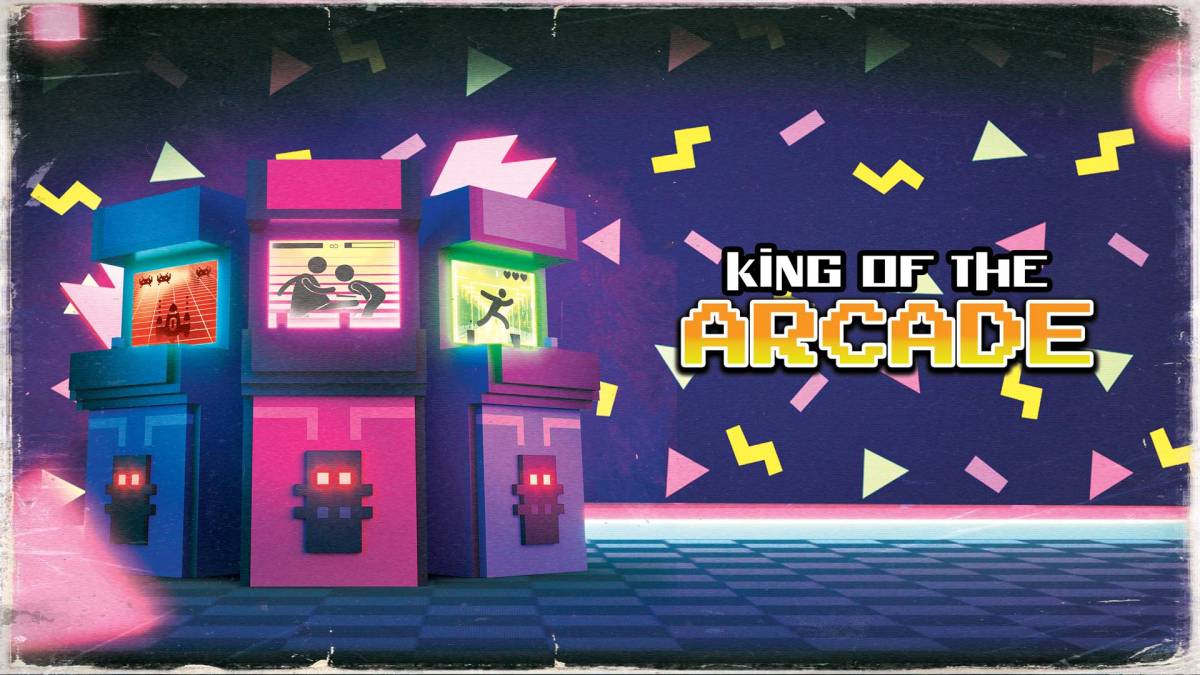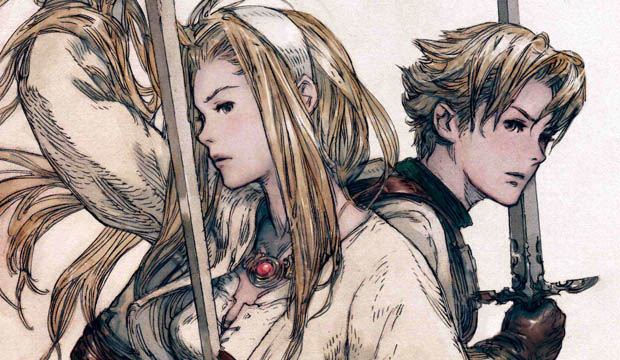
I opened up Twitter and saw Yasumi Matsuno had tweeted something about Tactics Ogre. Then it clicked – today is the 25th anniversary of Tactics Ogre: Let Us Cling Together releasing in Japan on the Super Famicom. It struck me just how young not only I was, but video games in general were, when it came out and how much it would end up shaping the way I look at video games.
It wouldn’t be until sometime in 1998 when it was released on the Playstation in North America that I got a chance to play it. What drove me to play it, I can’t really pin it down. It may have been that I played Final Fantasy Tactics earlier that same year and that it didn’t quite get a hold of me. Hell, my brother and I couldn’t figure out that you could place multiple units on the first map. We kept ramming our heads together trying to figure out how you’re supposed to beat that map. It was a rental and we decided to throw in the towel and call it a loss after a few tries.

Prior to that, I had played a few other strategy and tactical games but nothing that had really ever stuck with me. Being largely a Nintendo kid prior to the Playstation, games of this type were a bit inaccessible to a younger kid. I remember North vs South on the NES and a few other strategy games from Koei on the SNES, but the former had some more action-oriented parts to it, while the latter would be more than a little too complex for me to grock. I’m not even sure I was aware that Shining Force existed, never mind that it would have been closer to the thing I was looking for.
I’m not sure what drew me to pick up Tactics Ogre off the game rental shelf either. Had I tapped out all the games I was interested in trying at the local video stores? It surely wasn’t the cover art. I mean, come on, look at this.
Not something that’s going to just pop out on a shelf and scream “try me!” to a 16 year old boy. But try it I did.
I remember starting it up the first time, letting the prologue play, and being intrigued. Different factions on an island in power struggles amongst themselves with a minority group just trying to survive among the bigger groups was something I was immediately drawn to. Most other games I had played to that point had been lacking in anything more than a fairly black and white tale. That’s not to say video games at this point hadn’t done anything with grey areas of morality amongst different factions, but they just weren’t something I had been exposed to.
I played the opening few battles and enjoyed that enough to keep plugging through the first chapter. And that’s when I got to the choice at the end of the first chapter – you’re ordered to slaughter a town of your own people to incite a revolution. A monstrous act, but it wasn’t just that it was being asked of me to do that I got me. It was that I was legitimately made to choose whether or not to do that. I had to be sure though. I loaded up my save file and went and made the other choice. It was a choice! I could do it or not do it and the game would continue. Paths would diverge, friends would become enemies, enemies could become allies, and new factions would rise up based on my choice.

I never felt like I had such an impact in a game’s world before. It’s a high I’m admittedly still chasing 22 years later. I rented it week after week until my grandma finally caved and just bought it for me. I played it for months after that. I sunk over 400 hours into it over the course of those months. I may not have stopped playing it until I got Metal Gear Solid that Christmas. I wanted to see how each path played out. No, I *had* to. I would play through it multiple times on each path trying different things with different party builds just to see how things would turn out. I never got tired of it.

There are few games that I’ve really ever felt such a strong emotional bonding with as I did Tactics Ogre. The Legend of Zelda: A Link to the Past gave me the first real emotional tug when I pulled out the Master Sword for the first time. I felt attached to the Final Fantasy VI cast and the journey they went through. But that’s just it – these were *their* journeys, not mine. Their choices were predetermined. Any choice of consequence would always turn into a bout of “but thou must”. Being in Denam’s shoes was the first time a game ever made me feel like my actions were genuinely shaping the history of Valeria
Most other games I had played to that point had been fairly black and white with their morality. They rarely, if ever challenged you to think of the consequences of your actions. Even more rarely did those choices come back and affect your outcome or the fate of some of the other characters. Go one route and your childhood friend becomes a bloodthirsty killer who ends up getting hanged. A different choice and he leads a small army that stands opposed to you, leading you to be able to make amends with him. Or not. It wasn’t guaranteed.
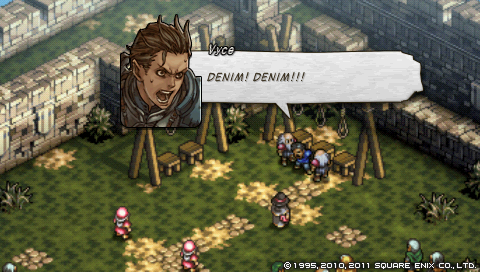
The idea of a “choose your own adventure” video game with an incredibly deep combat system with writing that wasn’t meant for elementary school children was something I hadn’t found in video games. It opened me up to wanting more out of video games. To this day, I can’t say a video game has ever fundamentally changed my expectations out of storytelling the same way Tactics Ogre did.
I still hold this game in the highest regard, even as the infinitely superior PSP remake is nearing its tenth anniversary, I still don’t think a single game has ever held up the way Tactics Ogre has. It’s weird to think of this game as having been around for a quarter of a century now. To have done something so bold, so long ago that can still feel impactful today is a true testament to just what an important game Tactics Ogre actually is. Despite being ported to multiple consoles, it probably doesn’t get the recognition it deserves, but those of us that do know it know what an incredible piece of the medium’s history it is. It’s been one of the highmarks of storytelling in video games for 25 years now. Yasumi Matsuno’s masterpiece stands as one of the most impressive and influential games made. I’m glad to have had the chance to experience it at the time of my life that I did. It made me think about games and their potential in a way I don’t know that I would have otherwise.


